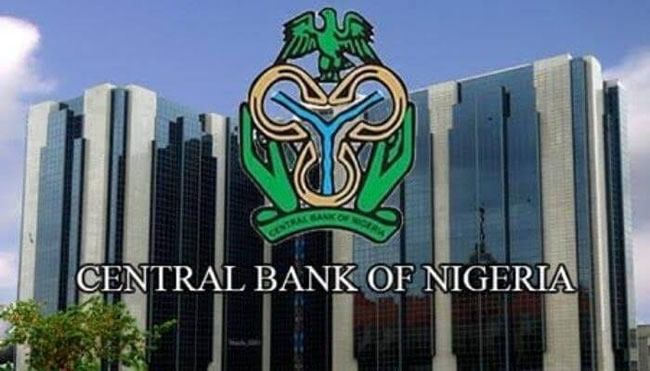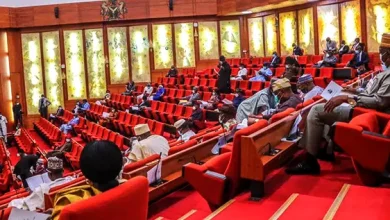
The Central Bank of Nigeria (CBN) has confirmed that banks currently operating under regulatory forbearance remain under close supervisory oversight, as part of broader efforts to reinforce stability and resilience within the country’s financial system.
In a statement released Tuesday by Hakama Sidi Ali, Acting Director of Corporate Communications at the CBN, the apex bank emphasized that only a limited number of banks are affected by these temporary measures, which stem from the economic fallout of the COVID-19 pandemic and align with Nigeria’s ongoing bank recapitalization program launched in 2023.
Temporary Restrictions to Bolster Capital Buffers
As part of these measures, affected banks face restrictions on capital distributions, including suspension of dividends and executive bonuses, as well as limitations on investments in offshore ventures and foreign subsidiaries. The CBN explained that these steps are designed to retain internally generated funds and improve capital adequacy ratios, in line with global regulatory practices.
“All affected banks have been formally notified and remain under close supervisory engagement,” the statement read.
The CBN stressed that these measures reflect an orderly transition process and are not indicative of instability. In fact, Nigeria’s capital requirements are currently stricter than Basel III minimum standards, reaffirming the regulator’s commitment to a robust and resilient banking sector.
Forbearance Exposure Varies Across Banks
According to a research note from Renaissance Capital, several top-tier Nigerian banks are significantly exposed to forbearance-related loans. The analysis revealed:
- Zenith Bank has the highest exposure, with forbearance loans accounting for 23% of its gross loan book.
- FirstBank follows with 14%, while Access Bank stands at 4%.
- Fidelity Bank and FCMB carry 10% and 8%, respectively.
- In contrast, GTCO and Stanbic IBTC have zero exposure, having fully provisioned for or written off such loans by the end of 2024.
These estimates are based on recent management disclosures and interactions with investors and analysts.
Ongoing Recapitalization Efforts Driving Sector Reforms
The forbearance policies are a component of the recapitalization drive, which has already led to increased capital inflows and strengthened balance sheets across parts of the sector. The CBN noted that it is also offering time-bound flexibility to banks to ease their transition under the new capital framework.
These interventions mirror post-crisis regulatory actions taken by authorities in other major economies, such as the United States and Europe.
“These adjustments reflect a well-established supervisory process consistent with global norms,” the CBN noted.
CBN Reassures Stakeholders: Sector Fundamentally Sound
The CBN reiterated its commitment to collaboration with banking industry stakeholders, including the Bankers’ Committee and the Body of Bank CEOs, to maintain transparency and build market confidence.
“Nigeria’s banking sector remains fundamentally strong. These measures are neither unusual nor cause for concern; they are a continuation of the orderly and deliberate implementation of reforms already underway,” the statement concluded.





